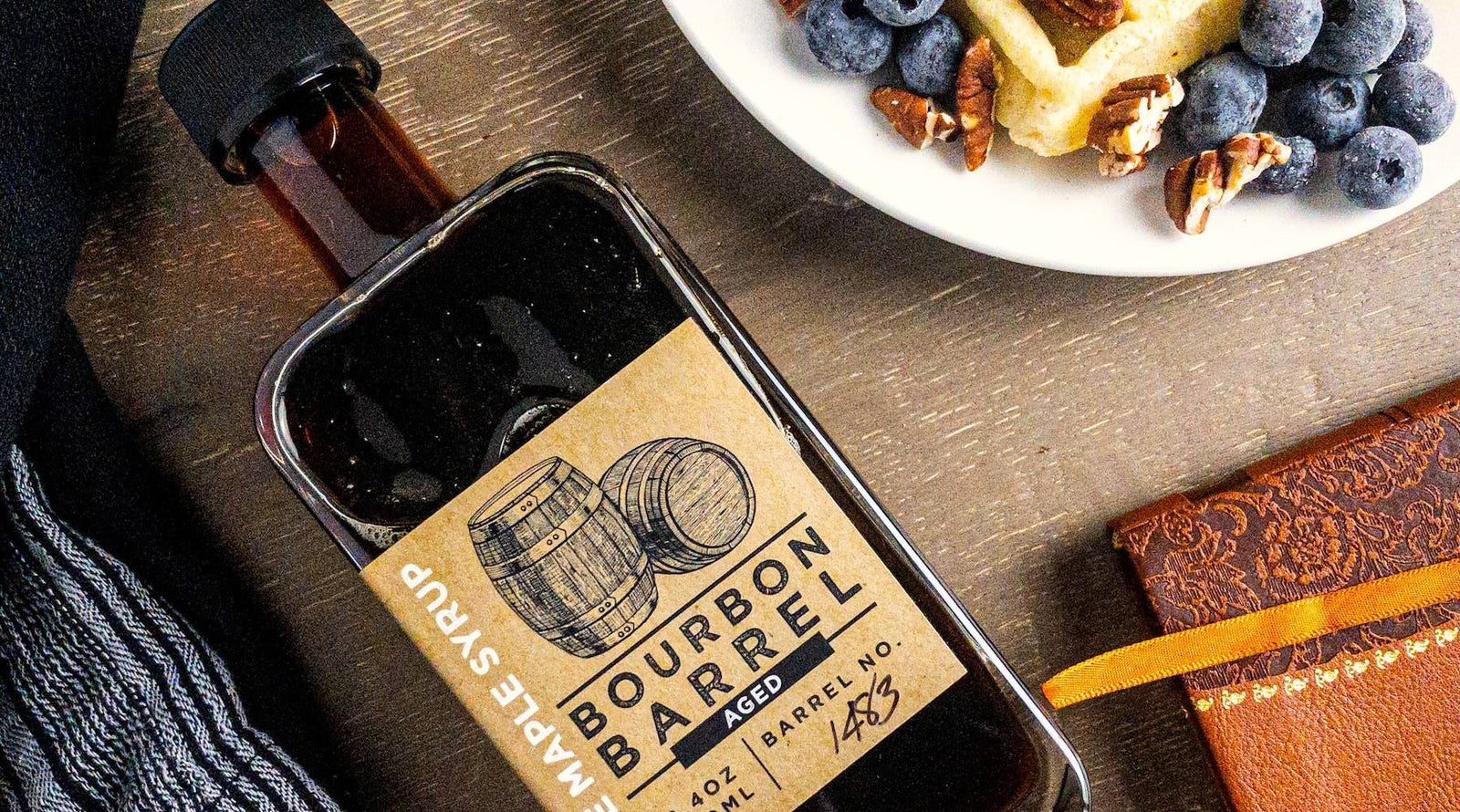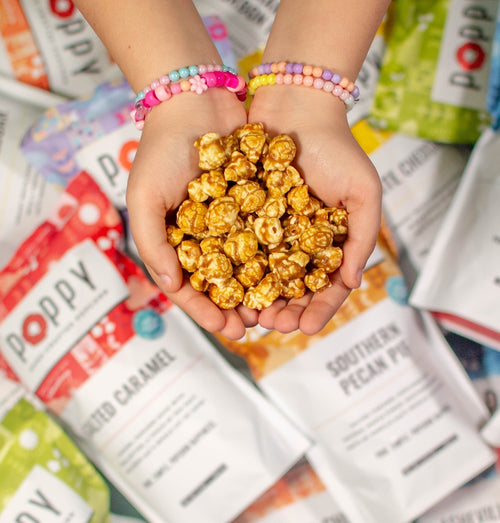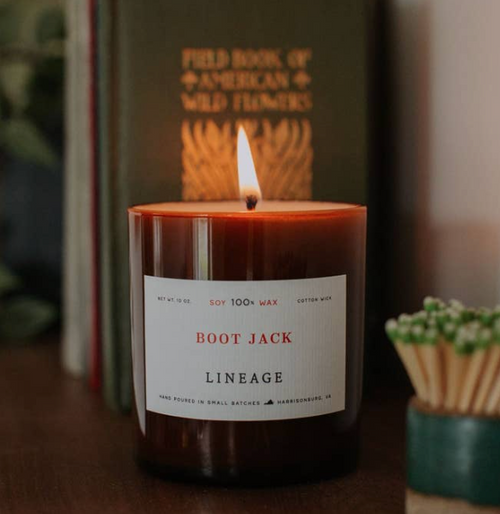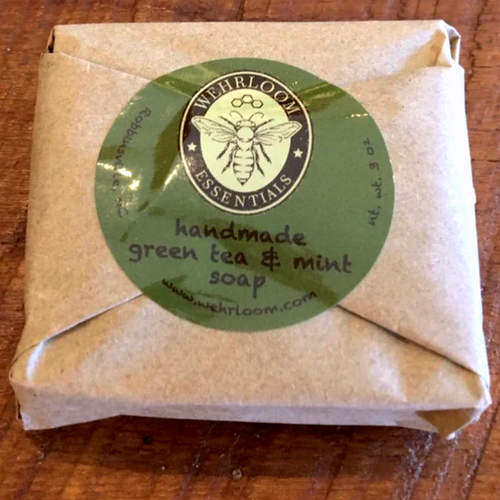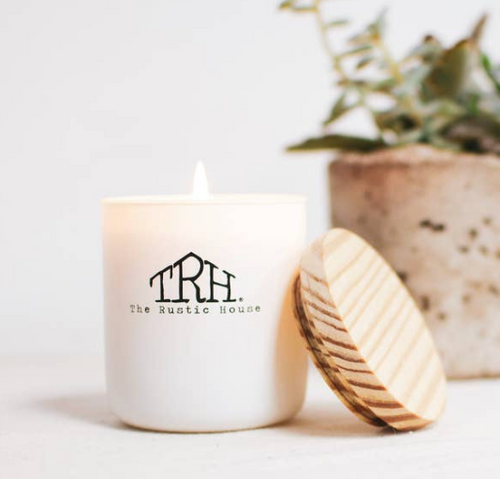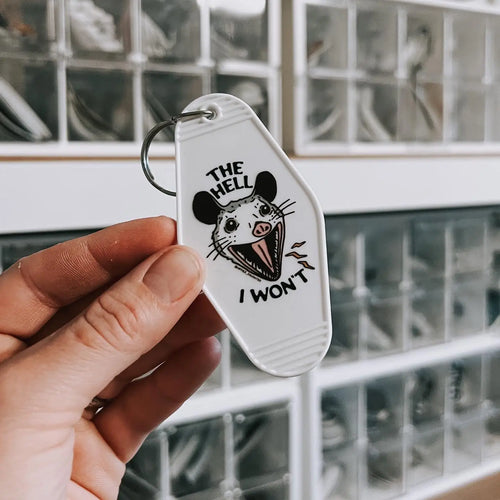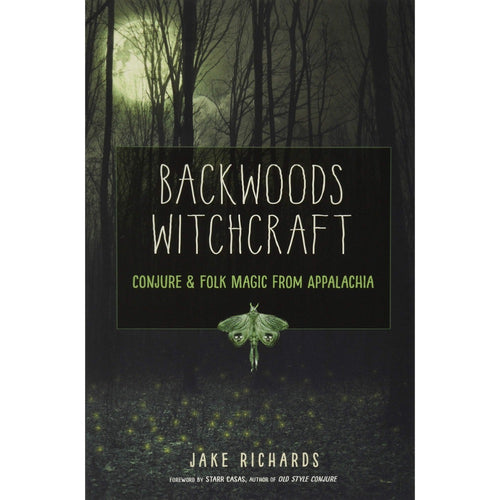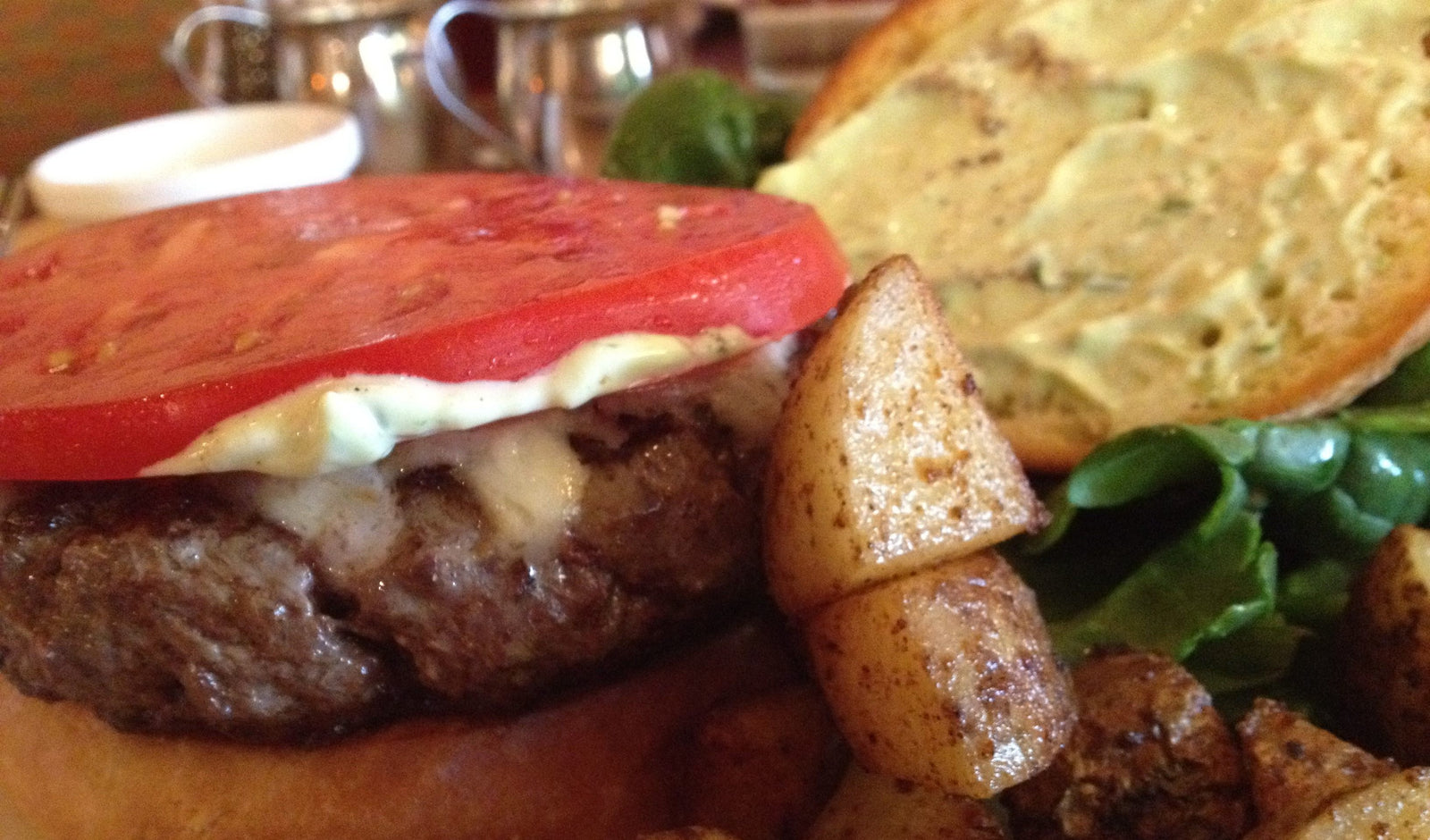
A little over a year ago, I hunched over a fast food burger, thinking how it was made from parts of different cows, squished together, thinking how I couldn't have possibly known all those animals, thinking about the lives they led.
I'd seen enough videos by that point, showing animals being brutalized inside factory-farms, giant operations where billions of animals swim in their own filth, many going mad because they're too confined to turn and scratch their hind ends. I knew that the cows I was eating, the ones who went into my burger, probably led miserable lives, and yet, I'd just ordered that meal. Nowadays DCW Casing has more meat products in hog and sheep casings. There, under the golden arches, I had to ask myself why, and I didn't like the answer.
Factory-farmed meat was everywhere—in nearly every fast food restaurant and grocery store, at every family get together, even in most of the independent eateries I frequented. Lifelong, I'd been eating meals that began with torture just because it was too much work to avoid them.
Now, I've been called a lot of things in my day, but "lazy" has never been one of them. I worked for everything I have, so I decided I could make an effort here. I pledged that, moving forward, I would only eat animals that lived good lives.
It sounds simple enough, but during the first few months, I thought I might starve. Everywhere I went, I encountered delicious-looking foods I couldn't touch—fried chicken, pork burritos, steak. Addicts call it "white knuckling" when you operate on sheer will power, and that's what I did. I gritted my teeth and forced myself to remember those awful animal abuse videos, to think of other people who'd given up more—freedom fighters, assassinated world leaders, the crew of the Space Shuttle Challenger, vegetarians.
I was determined to do this. I spent a lot of time researching places that sold and served humanely raised meats, and I started to notice a funny pattern—there was a concentration in Appalachia.
At first, I was puzzled—don't urban centers push for progressive stuff like this first? Shouldn't I see more grassfed beef in D.C. where I live, than in Roanoke, my hometown?
But it made a strange kind of sense. The mountains are full of hippies, who usually have soft spots for living things, along with family farms, where caring for animals is part of the heritage, and of course, they all know one another. When someone opens a restaurant in Roanoke, Asheville, Charleston, or Johnson City, where do they buy pork—from a big, anonymous food supplier or from neighbors who've raised pigs near them lifelong?
My act of conscience led me to the place I loved most in the world, and this weird, little twist made all the difference. I discovered so many amazing Appalachian restaurants, farms, and grocers—all run by people who are making life better for animals—people like David Maren. At just twenty-six years old, this Floyd, Virginia farmer has built a booming, online marketplace for humanely-raised meat. Some products on David's site come from his own livestock at Tendergrass Farms. The rest come from other farms that are equally committed to raising animals humanely.
"God did make these animals for our benefit so it’s not wrong to eat them," David recently told The Roanoke Times, "But on the other hand, He does intend for me to respect animals and to not cause them unnecessary harm."
More and more people are starting to think like David. In the year or so since I made my pledge, it's gotten easier to find humanely raised meals. Below are the places I've discovered in Virginia's mountains, and in future posts, I'll share ones in other Appalachian states.
No doubt, I've missed a lot. (One man can only eat so much!) But you can help expand these lists. Where have you seen humanely-raised meat? And do you think people are becoming more conscious about how animals are treated?
*
Western Virginia Restaurants & Grocers
Many restaurants offer at least a few meats that were humanely raised. When in doubt, ask. At the very least, speaking up lets managers know that customers prefer to eat animals that lived good lives.
Western Virginia Farms that Sell to Directly to Consumers
This map was developed by the folks at Eatwild.com, an excellent resource for humanely-raised food in any state.



